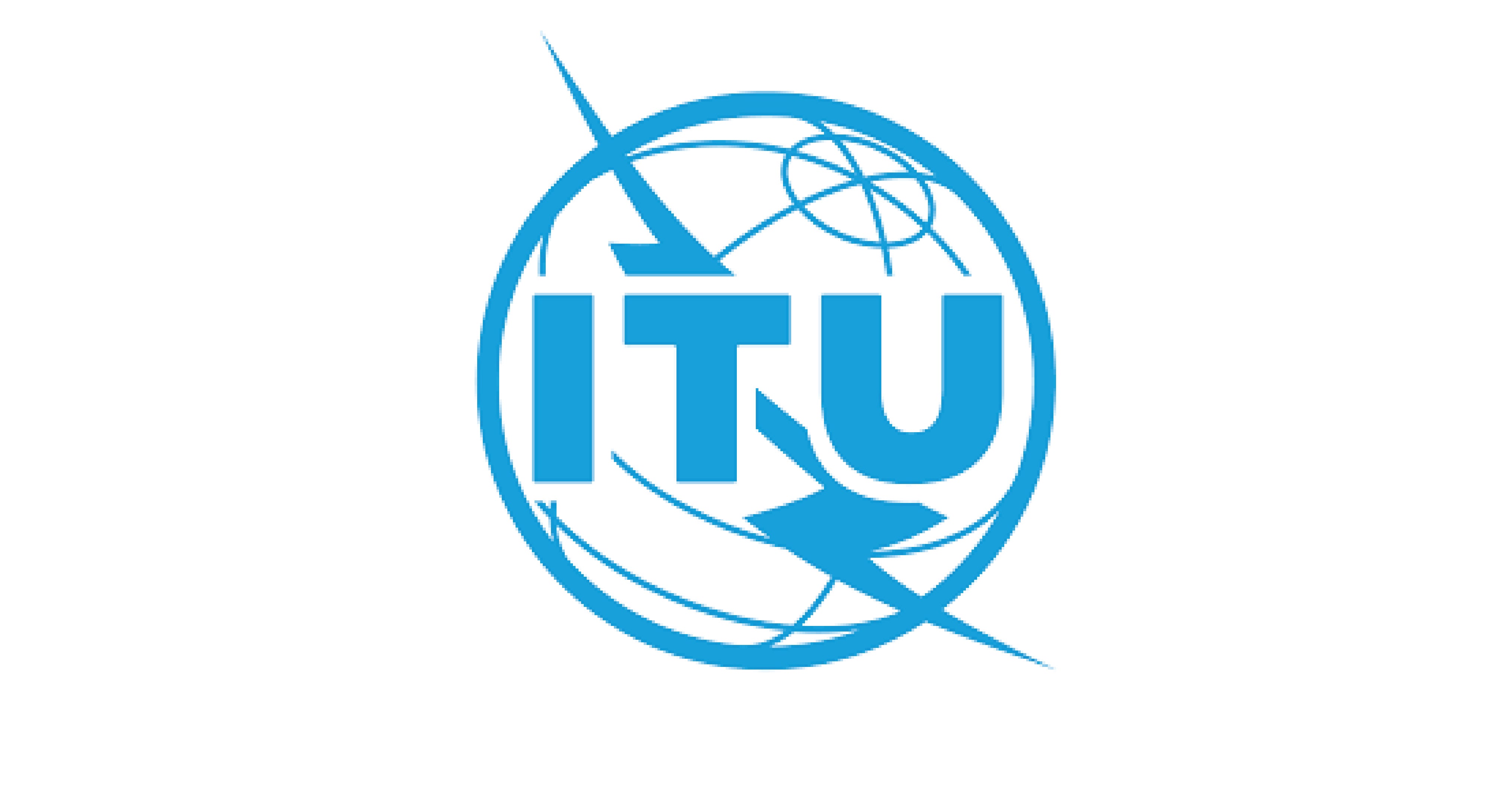
The International Telecommunication Union (ITU), headquartered in Geneva, Switzerland, is a specialized agency of the United Nations responsible for issues related to information and communication technologies (ICTs). Established in 1865 as the International Telegraph Union, it is one of the oldest international organizations in existence. The ITU plays a crucial role in the global telecommunications sector by coordinating shared use of the radio spectrum, promoting international cooperation in assigning satellite orbits, and improving communication infrastructure in developing countries.
The ITU's mission is to connect the world by fostering innovation, facilitating equitable access to ICTs, and ensuring seamless global communication. It works with 193 member states and over 900 private sector entities, academic institutions, and other organizations to develop international standards, policies, and regulations that enable interoperability and technological progress. The ITU also organizes global events like the ITU Telecom World and the World Radiocommunication Conference, which bring together stakeholders to discuss emerging trends and challenges in the ICT sector.
A key focus of the ITU is bridging the digital divide by expanding access to affordable and reliable connectivity, particularly in underserved regions. Through initiatives like the Connect 2030 Agenda, the ITU aims to empower communities, drive sustainable development, and harness the transformative potential of ICTs. Additionally, the ITU addresses critical issues such as cybersecurity, climate change, and the ethical use of artificial intelligence, ensuring that technological advancements benefit all of humanity. As the world becomes increasingly interconnected, the ITU remains a vital force in shaping the future of global communication and digital innovation.
